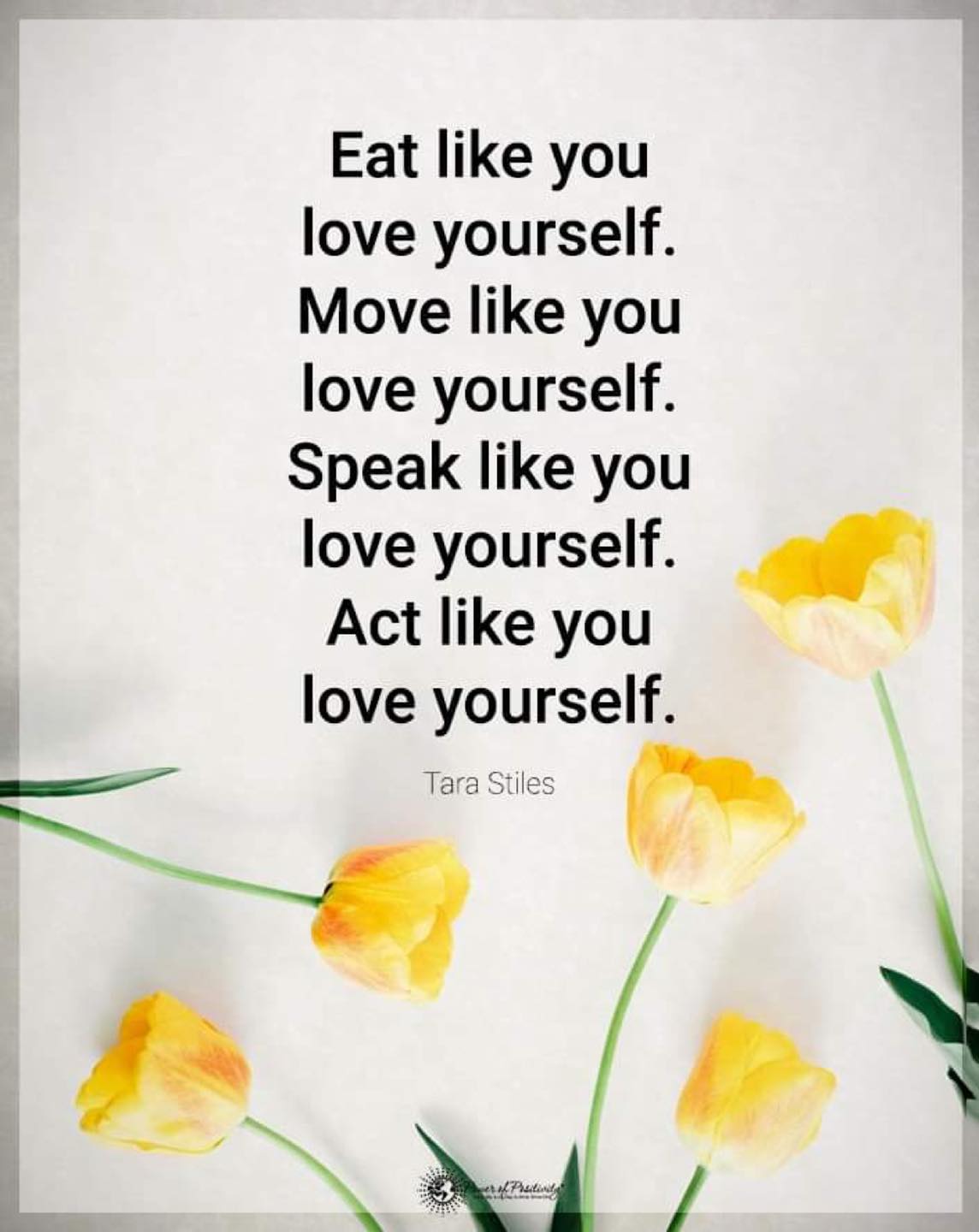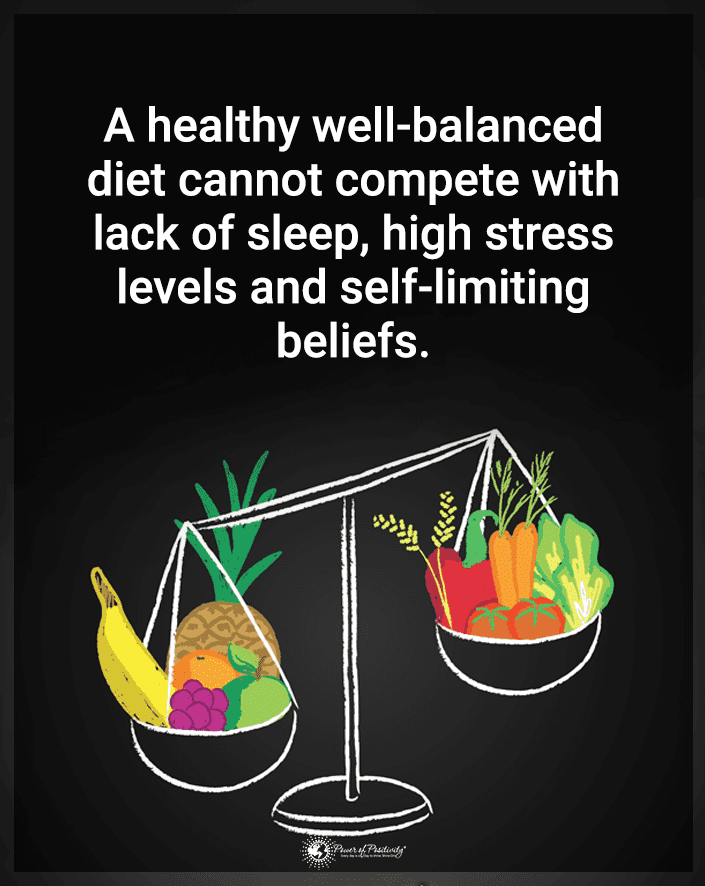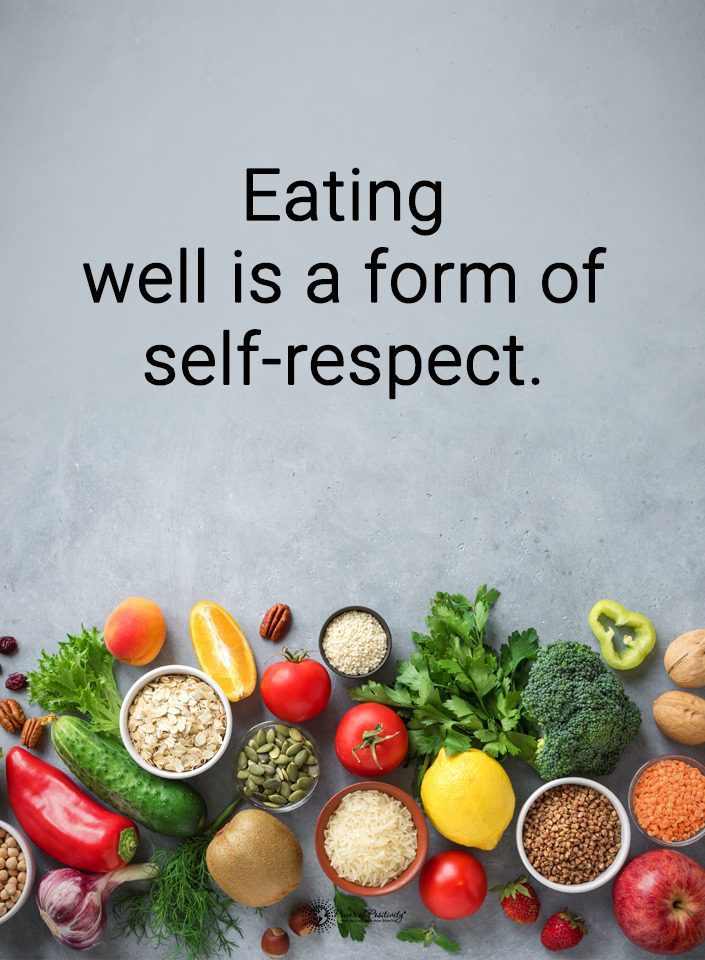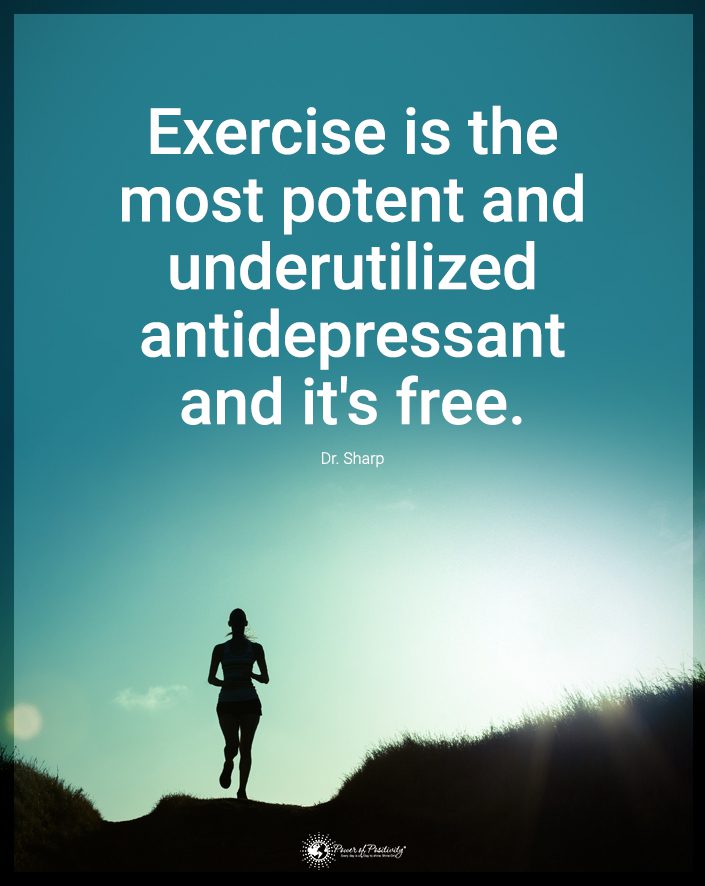Explore plant protein sources that could help you increase your daily protein intake.
Plant protein is a crucial component of a healthy diet, as it plays a critical role in building and repairing your body’s tissues. It also helps in producing hormones, enzymes, and other essential molecules. Our bodies rely on these for various bodily functions. While animal-based foods such as meat, dairy, and eggs are substantial protein sources, there has been a growing trend towards plant-based diets in recent years.
Plant-based diets, which include fruits, vegetables, legumes, and grains, are becoming increasingly popular due to their numerous health benefits. These diets are high in fiber, vitamins, and minerals and often lower in saturated fat and cholesterol than animal-based diets.
Plant-based proteins, such as tofu, tempeh, and quinoa, can deliver all the essential amino acids your body needs for optimal health. Moreover, scientists have linked plant-based diets to a lower risk of chronic diseases, including cardiovascular diseases, type 2 diabetes, and some cancers.
Diversifying your plant-based diet will significantly benefit your health and increase your energy levels. Explore the following unique plant protein options to enjoy a healthy vegan lifestyle without relying on traditional protein sources.
The Importance of Plant Protein
Protein is a vital component of a healthy lifestyle. It significantly benefits the mind and body. It plays a crucial role in building and repairing tissues in the body, producing enzymes, hormones, and other necessary molecules critical for various bodily functions. Additionally, it assists in maintaining a healthy weight and regulating blood sugar levels, which is crucial in preventing chronic diseases like type 2 diabetes and heart disease.
A protein-rich diet, whether from animal-based or plant-based nutrition, also helps promote optimal cognitive function. Protein is integral in producing neurotransmitters, such as dopamine and serotonin, which regulate mood, sleep, and overall mental health. It also helps maintain and repair brain cells, which are vital for supporting cognitive function as we age.
Incorporating vegan protein sources into your diet offers many benefits for both your health and the environment. Plant-based proteins are a great source of essential amino acids and contain less saturated fat and cholesterol than animal-based foods. This nutrition makes them ideal for maintaining overall health and preventing chronic diseases. Additionally, researchers have found that plant-based diets lead to lower rates of obesity and improved gut health. But the benefits continue beyond there.
Choosing plant-based proteins also has a positive environmental impact. Animal agriculture greatly contributes to greenhouse gas emissions and deforestation, while meat alternatives require fewer resources and produce fewer carbon emissions. So why not swap out a few animal-based meals for plant proteins and see how you feel? Your body and the Mother Nature will thank you.
22 Lesser-Known Plant Protein Sources
Try these foods to incorporate more plant protein into your diet for greater vitality and well-being.
Ancient Grains and Seeds as Plant Protein Sources
Introducing ancient grains and seeds rich in plant protein to your diet can provide a host of benefits for both your health. Plant-based protein sources, such as quinoa, amaranth, and chia seeds, are packed with essential amino acids and are low in saturated fats and cholesterol. You can also eat whole grains such as Ezekiel bread, which contains spouted grains and legumes like barley, millet, lentils, and wheat. This bread contains nine essential amino acids because it includes so many different plant proteins.
Include these grains and seeds in your diet by making avocado toast with Ezekiel bread or swapping pasta for quinoa or amaranth. Sprinkle chia or hemp seeds on your coconut yogurt in the morning for a delicious, complete breakfast.
To recap these plant protein options, here are the ancient grains to try:
- Quinoa
- Amaranth
- Chia seeds
- Ezekiel bread
- Hemp seeds
Legumes and Pulses
Plant protein sources, such as lentils, chickpeas, tofu, and black beans, are low in saturated fat and cholesterol. They also provide vital amino acids. Additionally, these foods are a great source of dietary fiber. That’s important because fiber promotes healthy digestion. It can also help with weight management.
Essential nutrients in lentils include iron, folate, magnesium, potassium, and around 9g of protein per 1/2 cup. Other legumes, such as chickpeas and black beans, have about 7.5 g of protein per 1/2 cup. They provide vital nutrients like folate, fiber, iron, and magnesium. Tofu, one of the most popular vegan foods, is made from soybean curds and contains about 9g of plant protein per 3 oz.
If you want to include these legumes and pulses in your diet, try making homemade hummus with chickpeas. Lentils and beans make beautiful additions to stews, soups, and veggie burgers.
To summarize, here are the additional plant protein sources to try:
- Lentils
- Chickpeas
- Black beans
- Tofu
Leafy Greens and Vegetables
Incorporating certain leafy greens and vegetables can help you increase your protein intake on a plant-based diet. Fantastic high-protein plant-based options include spinach, kale, broccoli, and Brussels sprouts.
Spinach, for example, contains about 3 grams of protein per 100g, while kale has around 2.5 grams per cup. Broccoli and Brussels sprouts are also great options, with approximately 2.6 grams and 3 grams of protein per cup. These nutrient-dense veggies are mineral powerhouses containing essential nutrients like iron, copper, calcium, magnesium, and potassium.
To incorporate these foods into your meals for a well-rounded diet, try making salads or steaming them with plant proteins like quinoa and tofu.
Let’s review the leafy greens that make excellent plant protein sources:
- Kale
- Spinach
- Broccoli
- Brussels sprouts
Nuts and Nut Butter
Are you seeking a protein-packed plant-based snack? Look no further than nuts and nut butter! Almonds, peanuts, cashews, and pistachios are among the best protein sources. Each offers between 5-9.5 g per quarter cup. Almonds deliver your body protein, fiber, and healthy fats. Peanut butter is an abundant vitamin E, magnesium, and protein source. Cashews are high in copper and protein, while pistachios are rich in potassium, protein, and vitamin B6.
Here are a few tried-and-true ways to consume these nuts and nut butter, including:
- Making peanut butter and jelly sandwiches.
- Topping salads with sliced almonds.
- Incorporating pistachios into healthy desserts.
Here’s a summary of the deliciously nutty plant protein sources:
- Pistachios
- Almonds
- Peanuts
- Cashews
Alternative Plant Protein Sources
Incorporating certain fermented foods can be a fantastic choice if you need additional protein in your diet while enjoying plant protein sources. Some top picks for alternative protein sources include tempeh, miso, natto, nutritional yeast, and mycoprotein.
Japanese-inspired
- Tempeh, for example, is made from fermented soybeans and contains about 15 grams of protein per 3.5-ounce serving. You can include tempeh in your diet by stir-frying it in a delicious sauce, such as one made with miso paste.
- Miso, a paste made from protein-rich plants like fermented soybeans and grains, also packs a protein punch of about 6 grams per tablespoon.
- Natto, a traditional Japanese dish made from fermented soybeans, is another high-quality protein source, with about 17 grams per 3.5-ounce serving. In addition to being protein-rich, these fermented foods also offer a variety of health benefits. They contain probiotics, which can support gut health and boost the immune system.
Meat substitutes
You can also try alternative protein sources, such as nutritional yeast and mycoprotein, marketed as Quorn. Quorn is a meat substitute made from a type of fungus and is incredibly versatile in cooking. That makes it an ideal ingredient for a variety of meals. It contains all nine essential amino acids. That makes it a complete protein source that can help vegans meet their daily protein requirements.
A single serving of Quorn can provide up to 10 grams of protein, making it an ideal choice for those who need to boost their protein intake. In addition to its protein content, Quorn is also low in fat but high in fiber. Thus, it can help support digestive health. It is also a healthful source of iron, crucial for healthy blood cells, and zinc, necessary for a robust immune system.
Cheese alternatives
Nutritional yeast is deactivated yeast. It often stands in as a cheese substitute in various dishes and packs a serious nutritional punch. One of the critical benefits of nutritional yeast is its high protein content.
A mere two tablespoons of nutritional yeast provides up to 9 grams of protein, making it an excellent choice for vegans looking to meet their daily protein needs. In addition to its protein content, nutritional yeast offers abundant vitamins and minerals, including vitamin B12, which is often lacking in vegan diets. It also contains fiber, which can help to support digestive health.
Nutritional yeast makes an excellent addition to popcorn or mac and cheese, or you can make a homemade cheese sauce by blending it with soaked nuts. If you want to try mycoprotein, you can find Quorn products like chicken nuggets and patties in the frozen section of most stores.
To recap this section, some of the tastiest plant protein sources you can experiment with are these:
- Tempeh
- Miso
- Nato
- Quorn
- Nutritional yeast
Incorporating Plant Protein Sources into Your Diet
If you want to include these lesser-known plant protein options in your meal planning, start with a few simple vegan recipes. For instance, you could make hearty red lentil curry, a nourishing chickpea stew, or tofu stir-fry. You can find thousands of recipes online that support a nutritious diet with plenty of protein diversity. Including various protein sources in your diet and experimenting with new ingredients for a balanced, enjoyable plant-based lifestyle is essential.
Final Thoughts on Discovering New Plant Protein Options
You’ll want to incorporate some unique vegan protein sources into your diet. Many of these, such as lentils, tofu, beans, chickpeas, and leafy greens, are versatile ingredients in various dishes. Eating foods with plant protein is crucial. That’s because they offer other vital nutrients like fiber, calcium, iron, and magnesium.
Don’t hesitate to explore lesser-known vegan options like Quorn, natto, and tempeh for a healthy, varied, vegan lifestyle that will make your tastebuds happy.





















